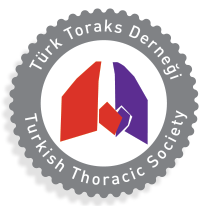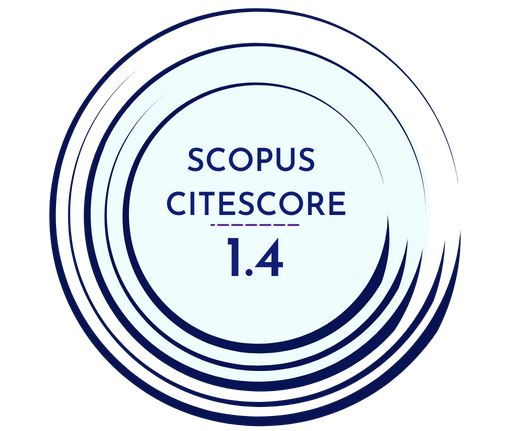Objectives: Cystic fibrosis (CF) is a chronic progressive disease with chronic inflammation which causes oxidative stress (OS). Thiol disulfide homeostasis (TDH) is a marker of OS. We aimed to evaluate TDH for the clarification of etiopathogenesis in clinically stable CF patients.
Methods: Fourty-two CF patients without acute exacerbation and age-matched 42 healthy controls were enrolled the study in two pediatric pulmonology centers. Native thiol (NT), total thiol (TT) and disulfide levels were assessed by Erel&Neselioglu automated measurement method. Age, radiological findings and colonization status of the patients were noted.
Results: The mean age of the patients was 7.6±4.6 and 7.7±4.1 years of the control group. Physical examination and laboratory results of patients were confirmed not to be in acute exacerbation period. TT level was 416.9±80.0 μmol/L in the CF group and 417.3±86.3 μmol/L in the control group and there was no significant difference between two groups (p=0.984). Disulphide level was 32.9±11.9 μmol/L in the CF group and 17.7±6.9 μmol/L in the control group. Disulphide/NT ratio was 9.4±3.1% in the CF group and 4.5±1.4% in the control group. Disulphide level and disulphide/NT ratio were significantly higher in CF patients (p=0.001). There were no statistically significant differences in terms of chest x-ray findings, colonization status and thiol disulfide levels between two groups (p>0.05).
Conclusion: TDH; has a critical role in antioxidant defense, detoxification, apoptosis, enzyme activities, transcription and cellular signal transduction mechanisms. We found that TDH was disrupted in favor of disulfide level. In CF patients, it is well known that OS increases during acute exacerbation. In our study, OS has also been shown to increase in clinically stable period. TDH can play a role in the elucidation of the pathophysiology of CF and the development of new therapeutic approaches in patients with CF.



.png)
